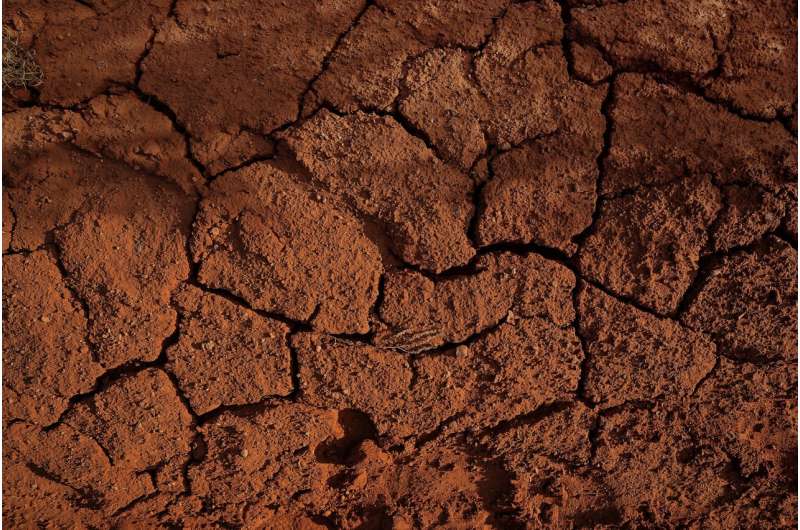Study assesses 'bombturbation' and other long-term effects of World War I explosive munitions on soil

Research published in the European Journal of Soil Science has uncovered long-term heavy metal contamination on the World War I front line, a century after battle.
For the study, investigators examined soil in bomb craters in a small, wooded area in the Pas-de-Calais region in France that was subject to considerably less intense fire than previously studied in World War I battlefield areas, looking for "bombturbation," or soil disruption caused by explosive munitions ranging from grenades to heavy artillery. The team found that the bomb craters' soil contains elevated levels of copper and lead in some cases.
In addition to revealing potentially dangerous compounds in the soil of European areas involved in the past war, the findings may also have implications for the modern-day battlefields, such as those in Ukraine, a country that produces much of the world's grain supply and has been subjected to widespread artillery damage from Russian attacks.
"As well as the short-term impacts to agriculture through crop supply chain issues, these fields may be dangerously contaminated by munitions in the long-term—possibly for 100 years or more," said corresponding author Naomi Rintoul-Hynes, Ph.D., of Canterbury Christ Church University, in the UK. "This could impact food security not only in Ukraine, but potentially on a global scale."
More information: O. H. Williams et al, Legacy of war: pedogenesis divergence and heavy metal contamination on the WWI front line a century after battle, European Journal of Soil Science (2022). DOI: 10.1111/ejss.13297
Provided by Wiley





















